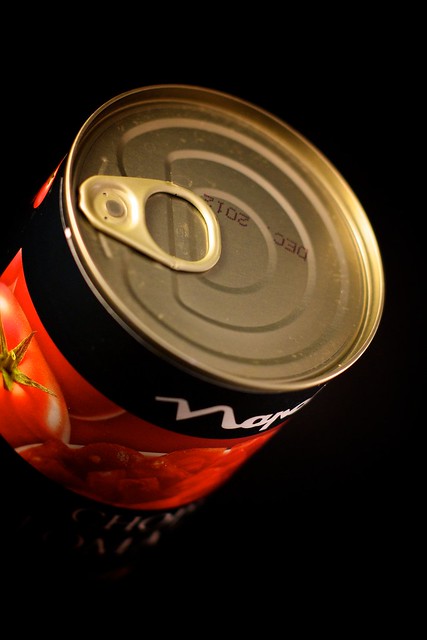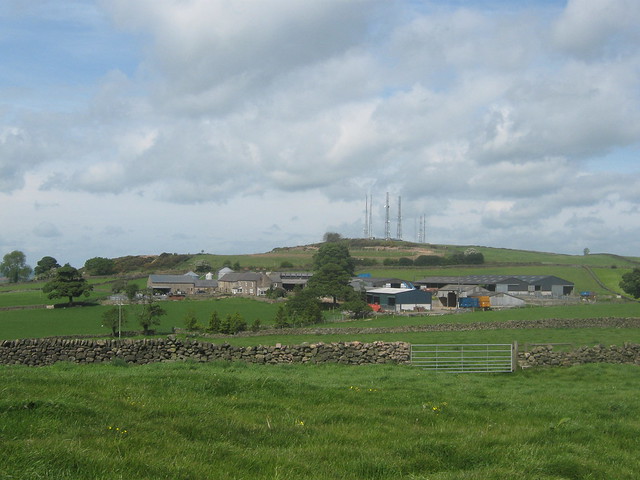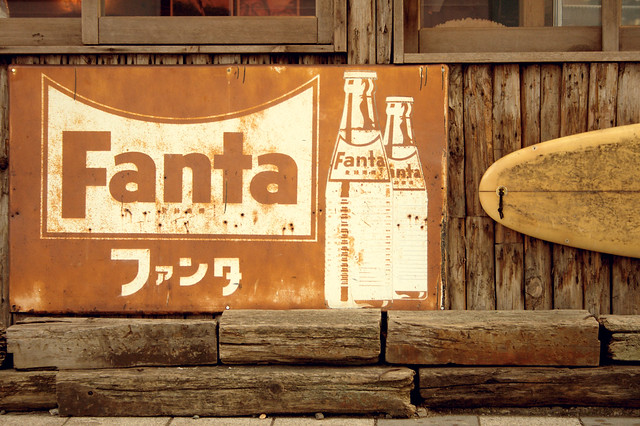Water has no taste, no color, no odor; it cannot be defined, art relished while ever mysterious. Not necessary to life, but rather life itself. It fills us with a gratification that exceeds the delight of the senses.”Antoine De Saint-Exupery.
We take water for granted regarding it as something that is always available, clean and cheap.
No one can deny that water has become a priceless resource controlling the politics of the world. In some countries, a gallon of water is more expensive than a gallon of oil, leading to water being called the
blue gold.
Lebanon has always been regarded as a country bountiful of water but it is no longer considered as such. Lebanon is facing a major water crisis since water consumption is growing at a steady state due to the growth of population and rapid urbanization. And despite all the rain that fell heavily this winter, drought is still threatening the Lebanese summer since there is no clear governmental plan to use the water efficiently.
A daily star report (Water Crisis Looms in Lebanon) states that : "The problems facing Lebanon are numerous: Illegal wells are introducing sea water into an aquifer and reducing the water table, while industrial waste is polluting the Litani River and turned the Beirut River blood red last month. The nation has few dams and reservoirs to retain the heavy rainfall in the winter months and water officials say consumption is almost entirely unregulated.”
“Tahkik” TV program on MTV documented about “Water Treasure in Lebanon”. The presenter Claude Hindi shed the light on the looming water pollution crisis as well as tackled the issue of bottled water safety. The report states that 35% of drinking water is sold by companies without any license. And 60% of Lebanese people buy it, especially in poor areas like Beirut suburbs. Astonishing, any person with 4,000 $ can open a place to sell you water and there is actually no proper inspection on them. “Tahkik” went to a place claiming they test and treat their water; they took the samples and microbiologically tested them. Four out of six were polluted and shouldn’t be drank.
Safe drinking water is surely not 100% sterile as it can contain negligible amounts of contaminants without posing any health risk. Contaminants can be microbiological or chemical such pesticides and minerals, but if exceeded high levels can cause illnesses. Tap water may be disinfected with effective, continuous and inexpensive techniques such as chlorine, chloramine, ozone, or ultraviolet light. As for bottled water, it is disinfected using a more expensive technique of ozone.
Drinking water became merely a business and the report defined four types of this business:
- Underground resource from artesian wells: need a budget of 20,000 to 100,000 as they apply high standards of treating, purifying and packaging the water by using sophisticated multi-equipped system. However, they constitute 20% from the market.
- Other Companies: constitutes 40% of the Lebanese market and need merely 3000$. They usually purify water through using one equipment only.
- Water tanks from tap water: located mostly in suburb areas and beside any supermarket, sells the gallon for 750 L.L.
- Water Tanks sold in trucks without any hygienic considerations and sell people one gallon for 500LL.
The report states clearly that there is a newly implemented law that forces most water selling businesses to purify and treat water properly according to certain standards. They also need an industrial investment and a “republic” approval. Ironically, the special trucks equipped to transport the water and made completely from stainless steel to maintain quality still under pending approval while other unequipped trucks are roaming the streets.
This negligence has to stop. Our government has to start acknowledging that the real threat to our national security is the one affecting our health whether from the water we drink, the food we eat, the air we breathe or even the traffic jam we get stuck in.
More info on
different types of water treatments
MTV ‘s “Tahkik” Report












